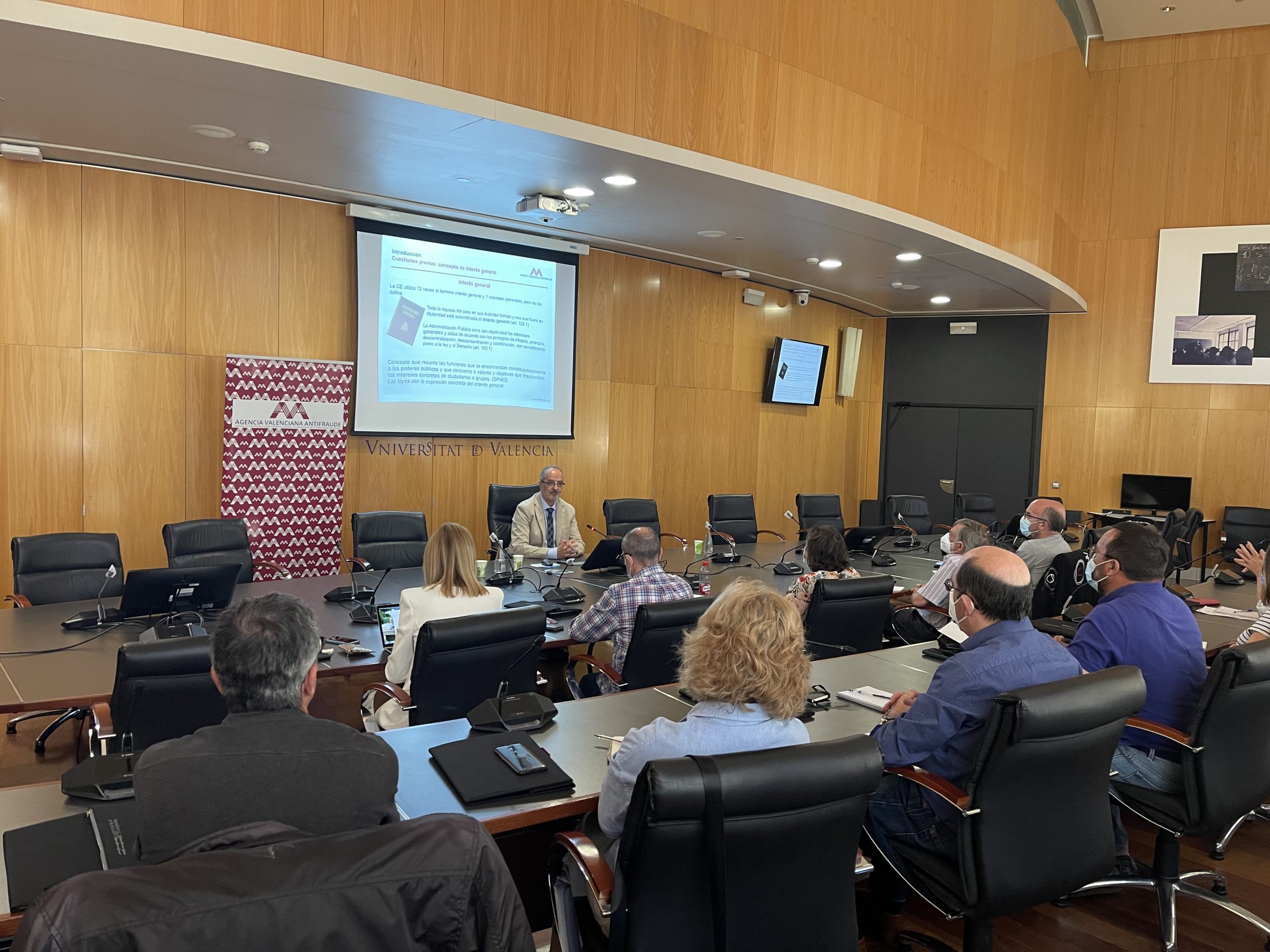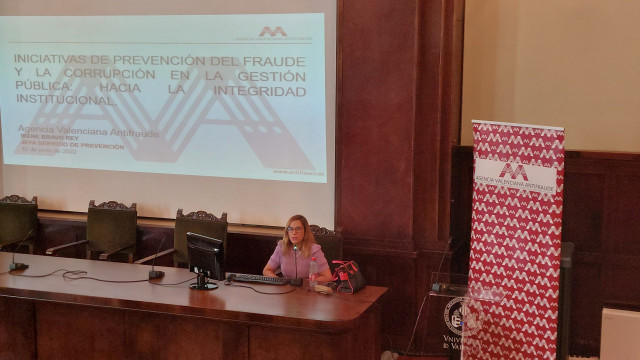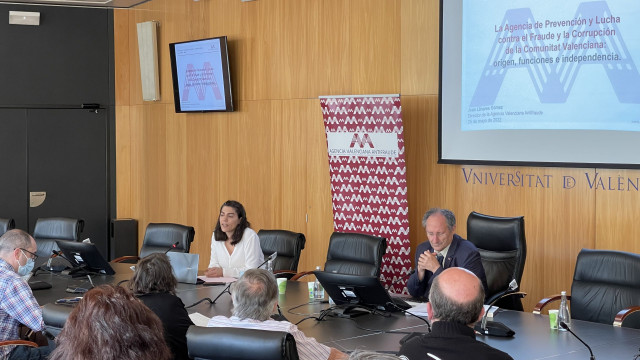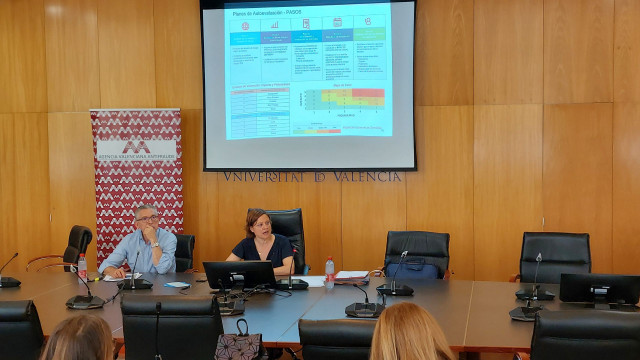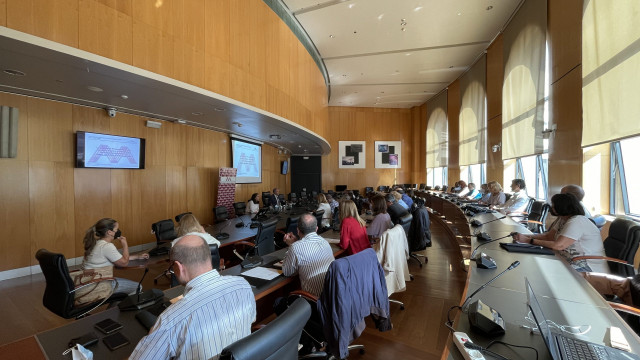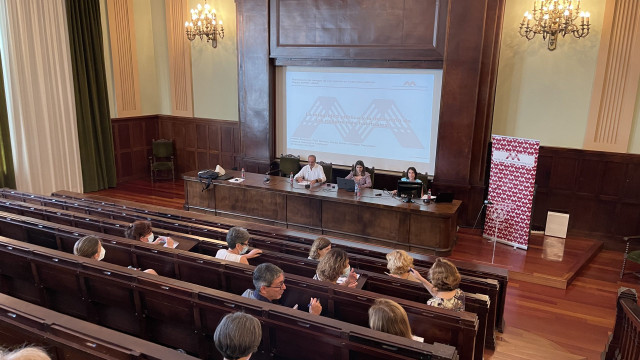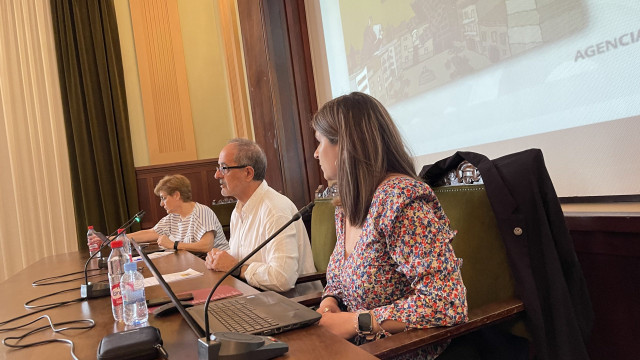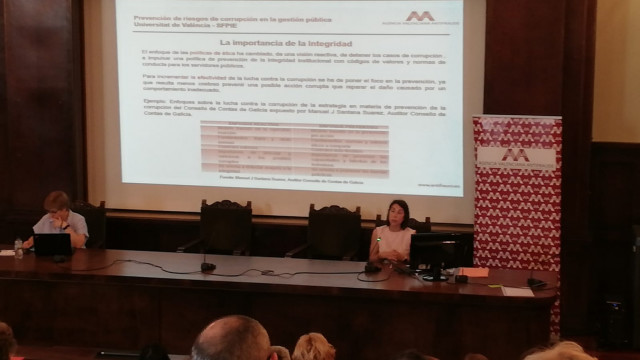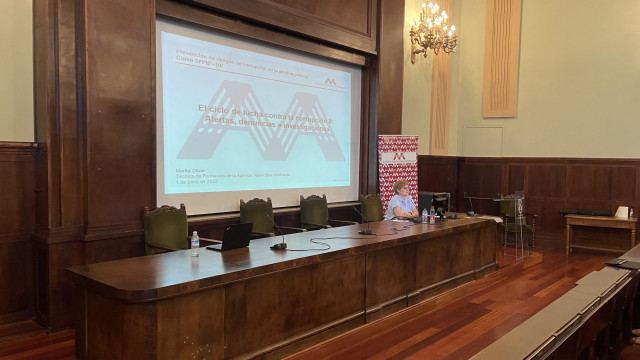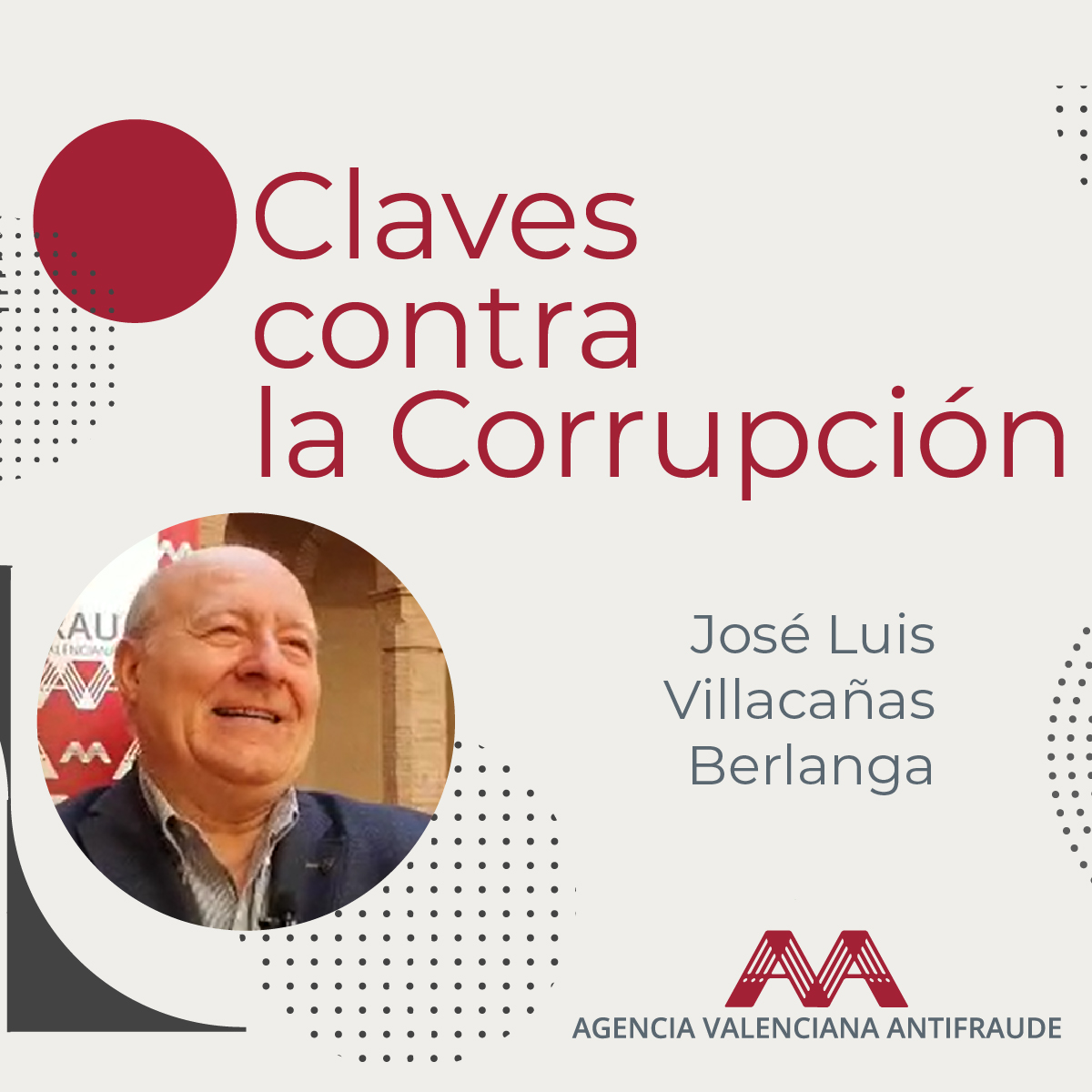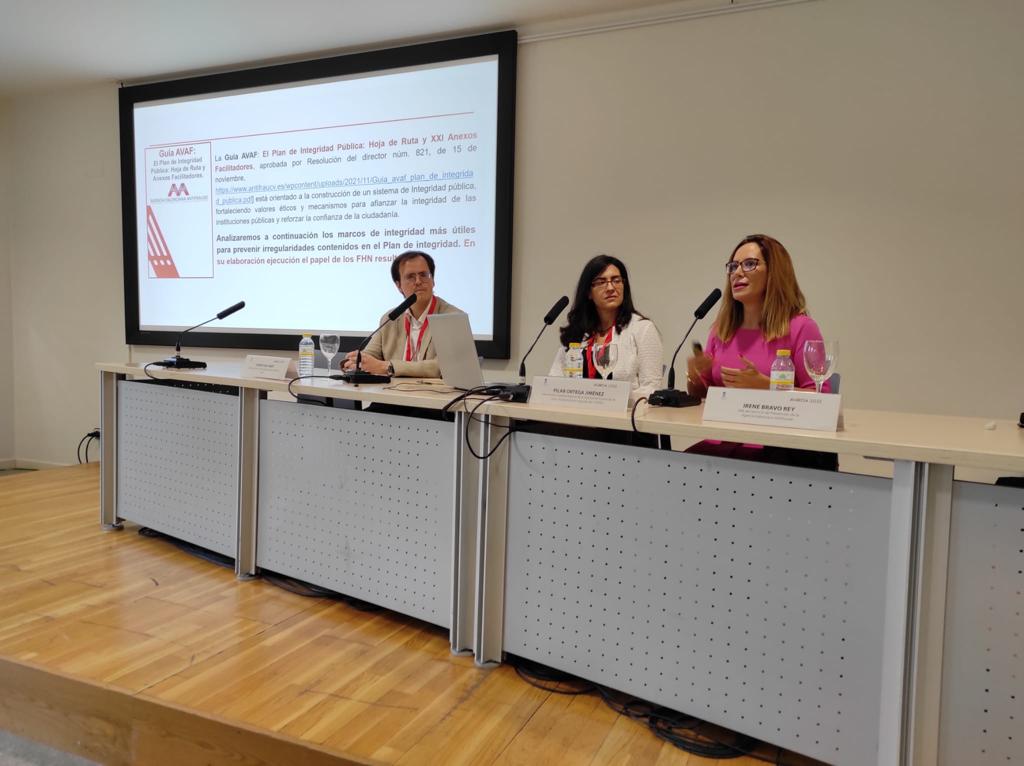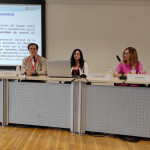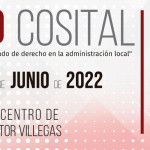#TrainingAVAF
The Valencian Anti-Fraud Agency in collaboration with the Permanent Training and Educational Innovation Service (SFPIE) of the UV has given the second edition of the course “Prevention of corruption in public management” just two months after the end of the first edition .
The teaching team belonging to the AVAF has been made up of Joan Llinares, the director of the Agency, Anselm Bodoque, head of the Training Service, Irene Bravo, head of the Prevention Service, Pilar Moreno, training technician and Marita Oliver, Agency formation.
In this edition of the course, a new session led by two members of the Services Inspection Service of the Generalitat Valenciana, Delia Cuenca and José Luis Gaona, has been introduced. On this occasion, they focused their presentation on the IGS methodology of the GVA for the preparation of risk exposure maps and risk self-assessment plans and its application to the field of public procurement and personnel.
The course, lasting 15 hours and five weeks, selected PAS staff from the Universitat de València has actively participated in the sessions where the existence of the institutional integrity system in our country, the necessary integrity plans in public organizations, the phases of the anti-fraud cycle of Order 1030/2021 of September 29, as well as the costs of corruption in the public sphere.
Along with the lectures given, the attendees were the protagonists of a practical workshop session where they had the opportunity to reflect on the protection of corruption whistleblowers, the necessary implementation of internal and external reporting channels, the importance of informal alerts, and the strategic vision of planning as a tool to combat irregularities and risks known to public administrations. The last session of the course with the participation of Cristina González, doctoral researcher at the University of Salamanca.
The AVAF appreciates the predisposition to the collaboration shown and the support of the Permanent Training and Educational Innovation Service (SFPIE) of the UV, as well as its interest in the work carried out by the Valencian Anti-Fraud Agency in matters of public integrity.


